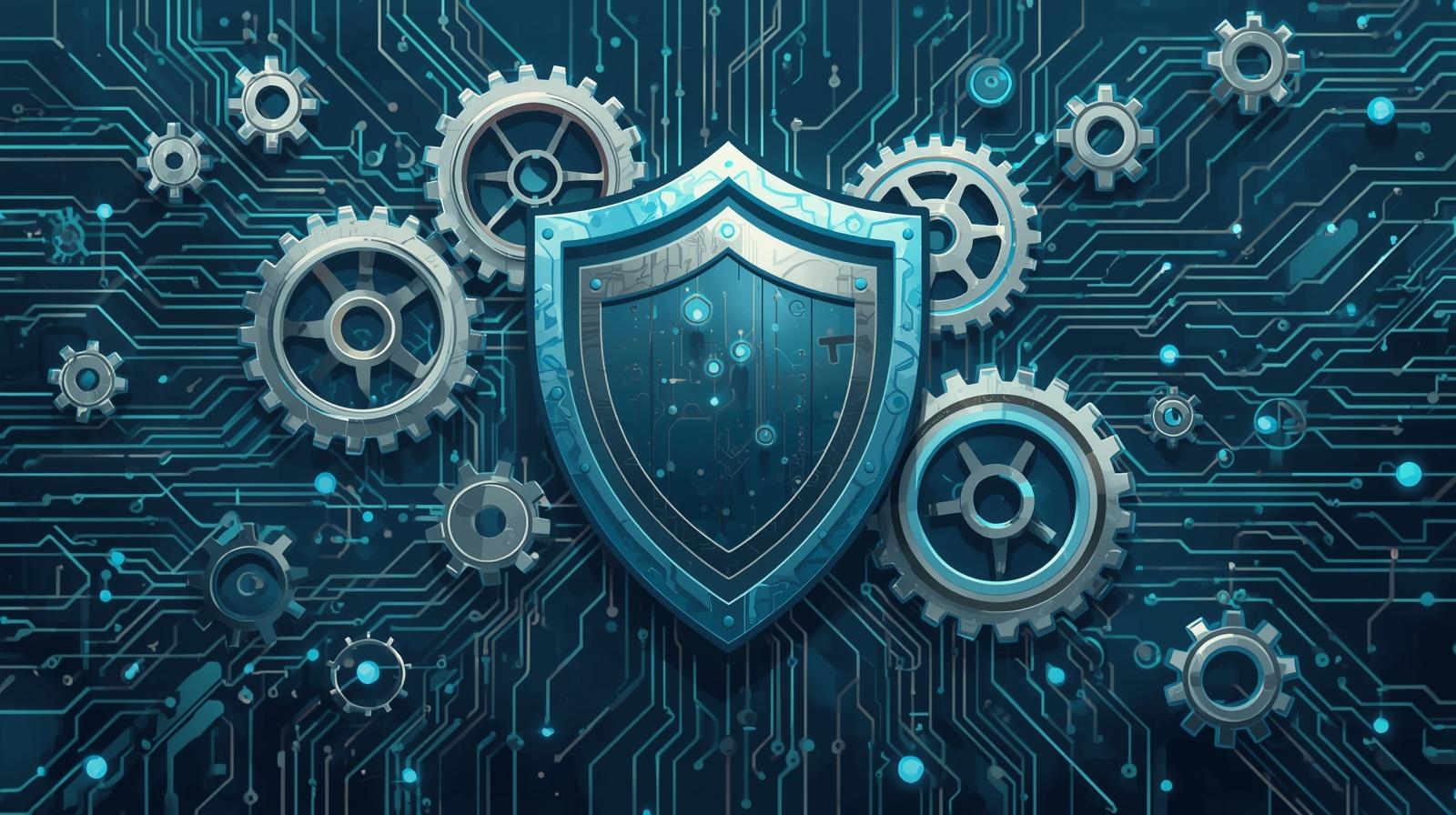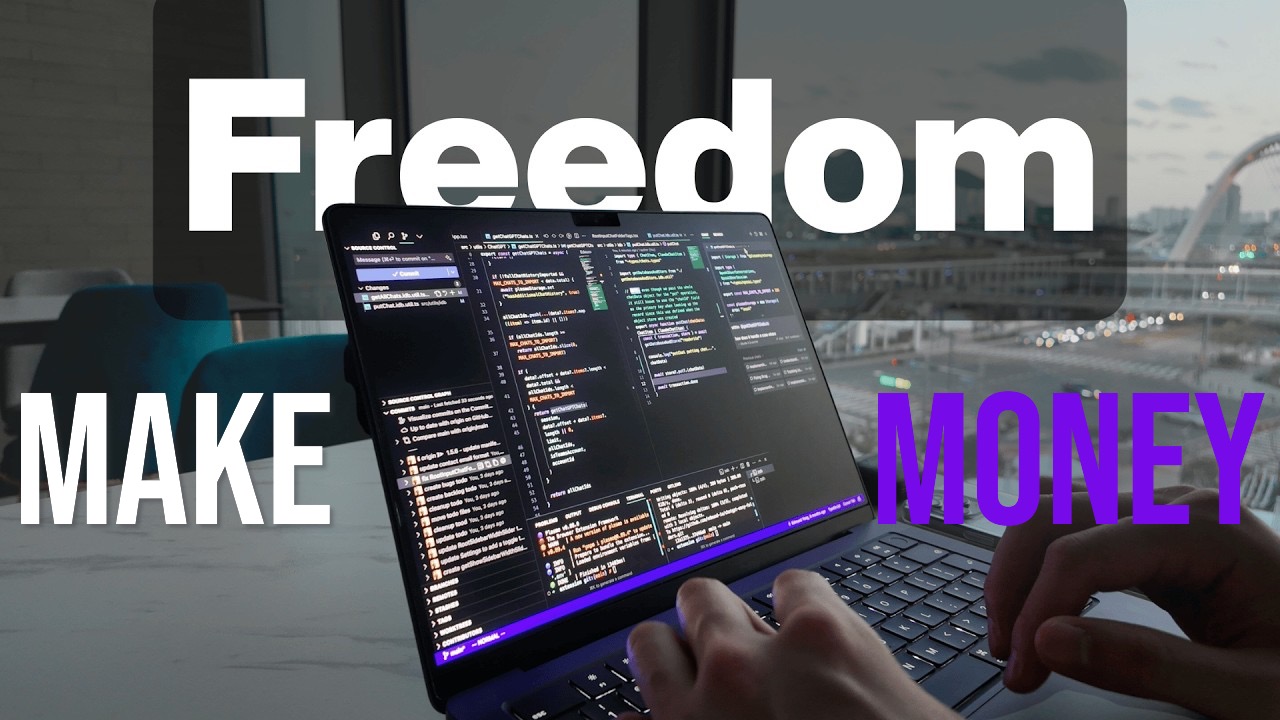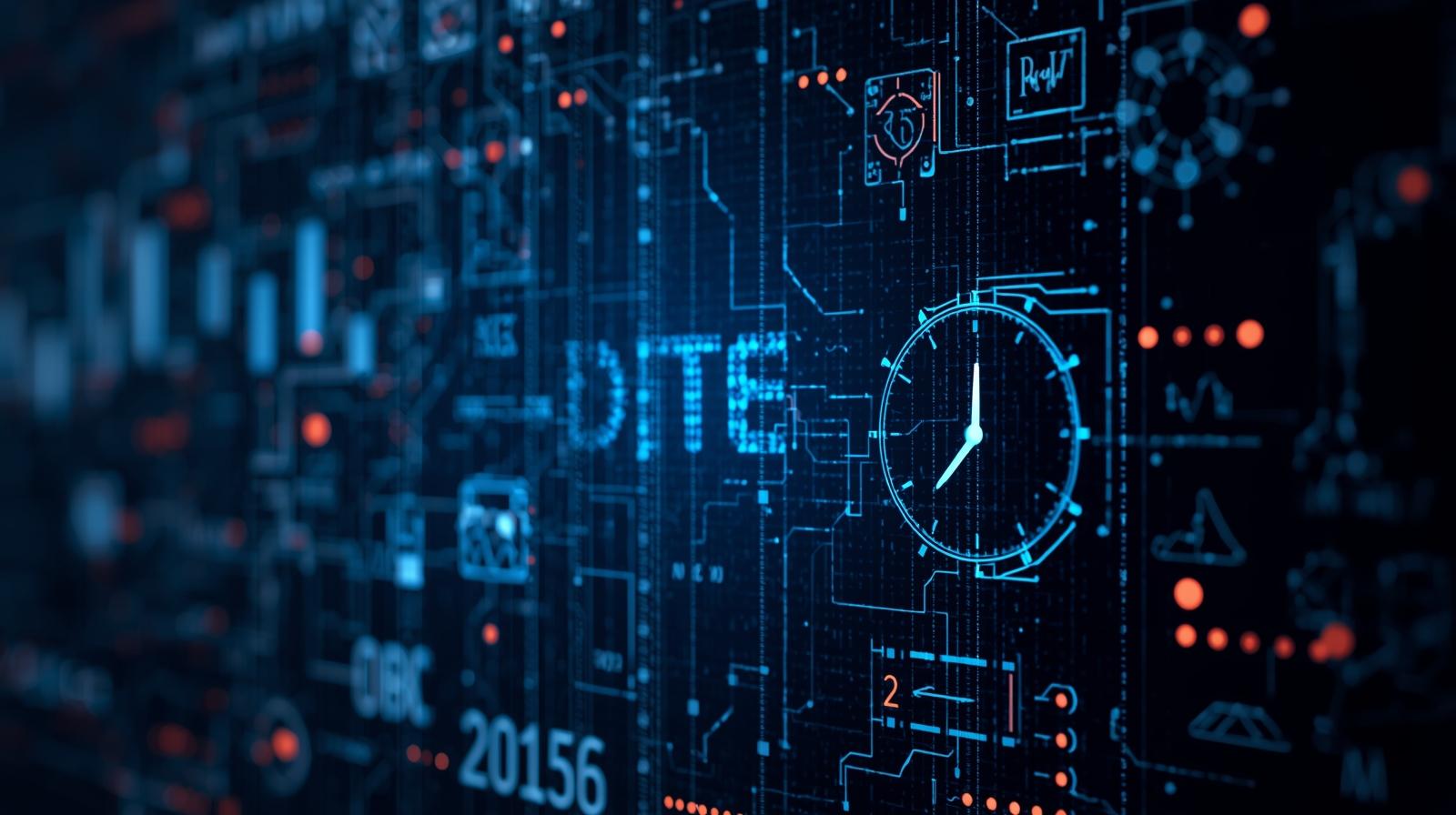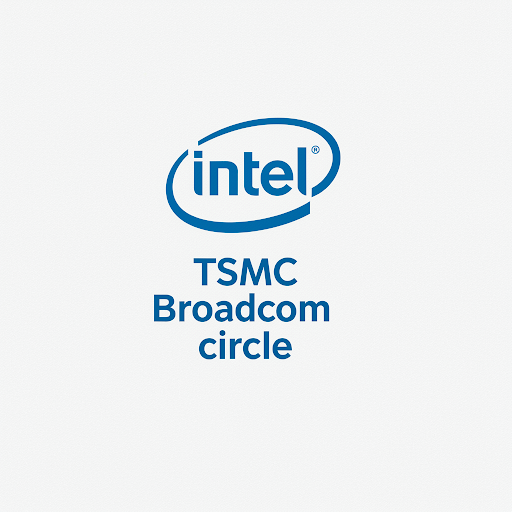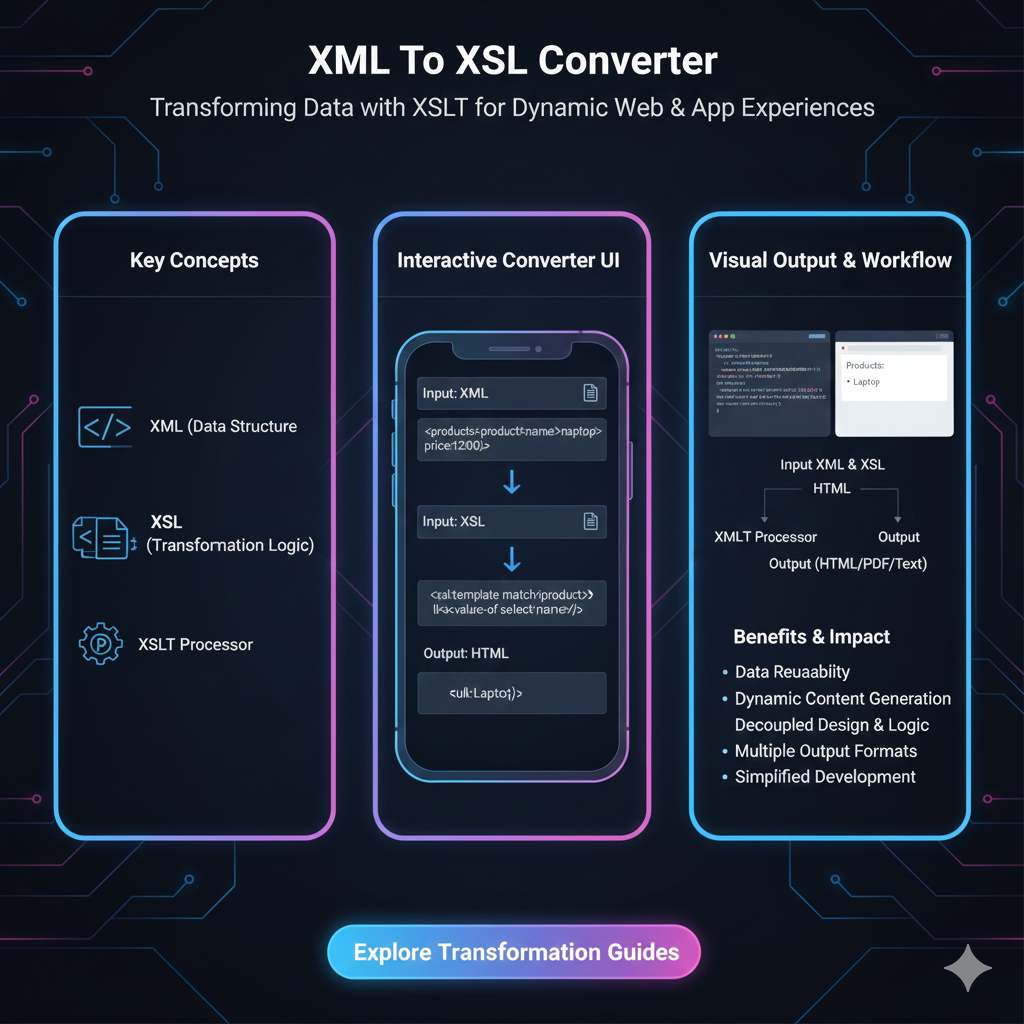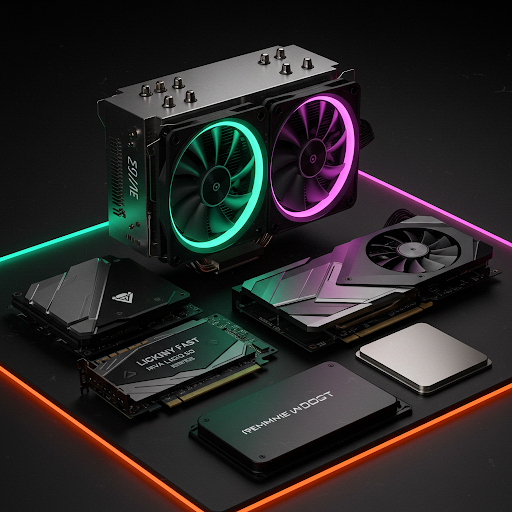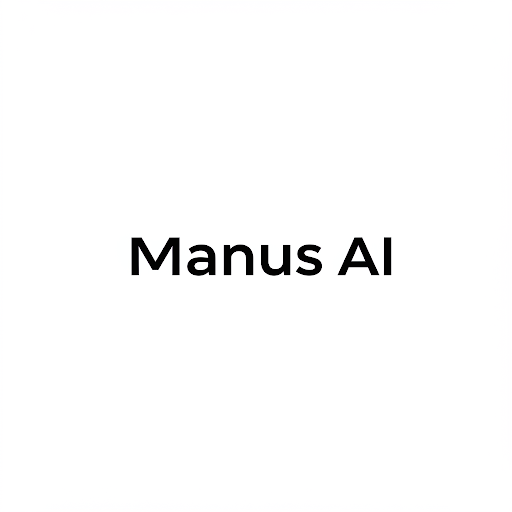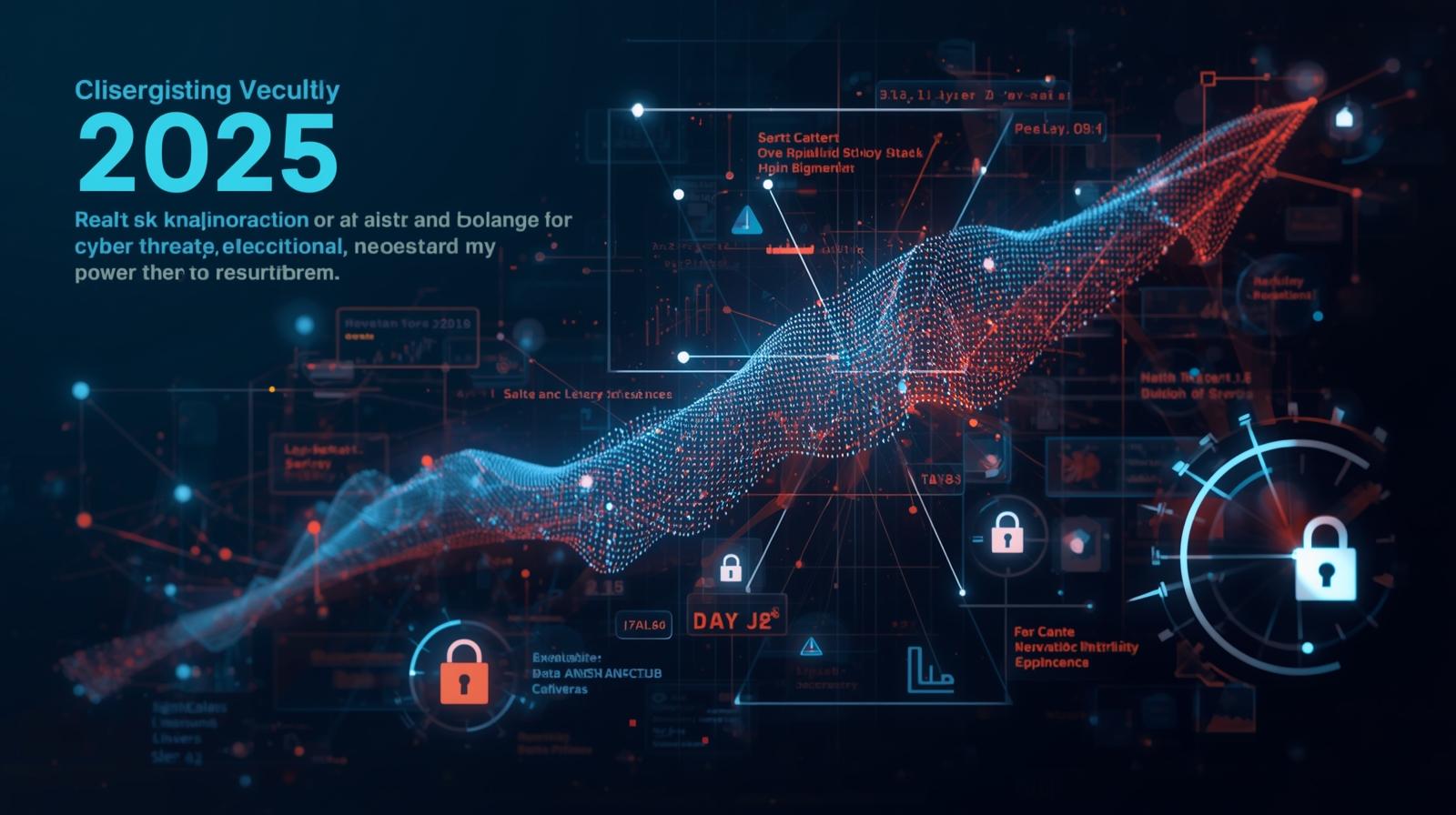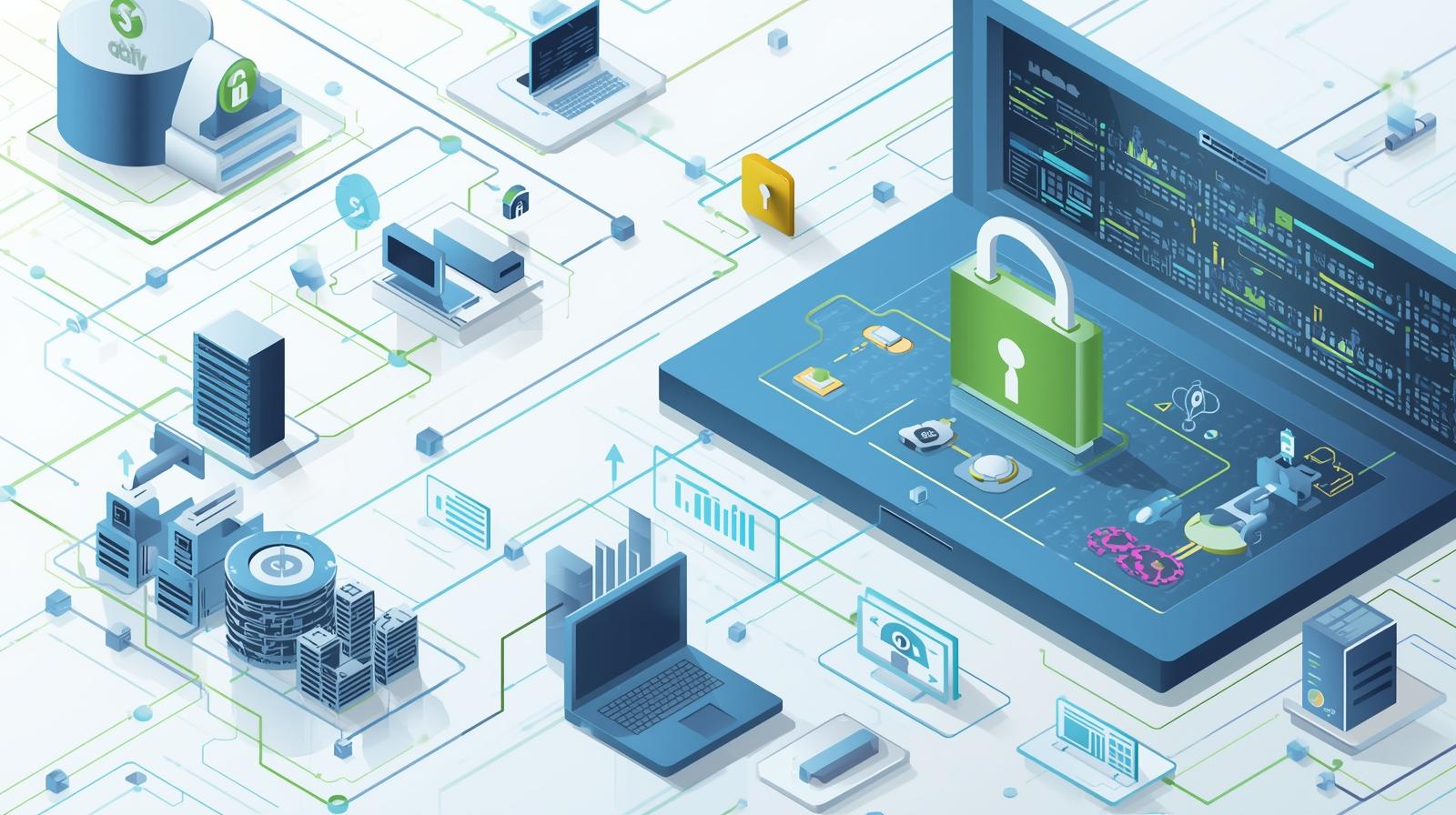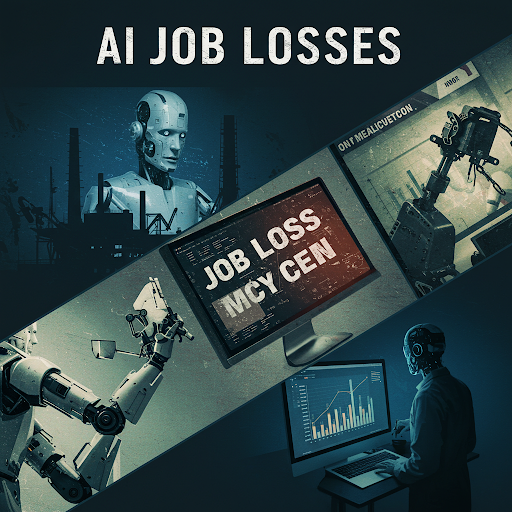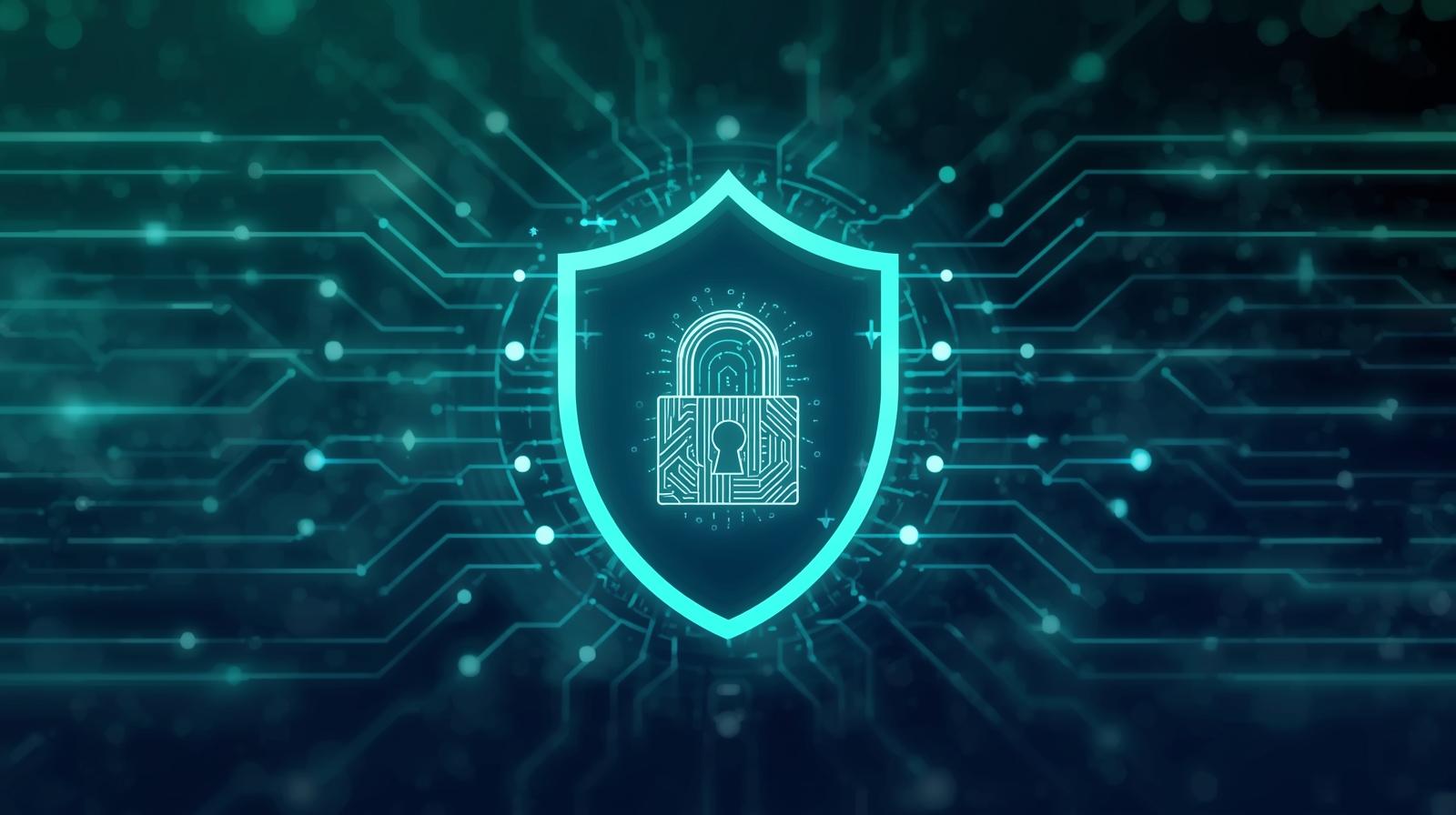How to Become a Blockchain Developer in 2025: A Step-by-Step Roadmap
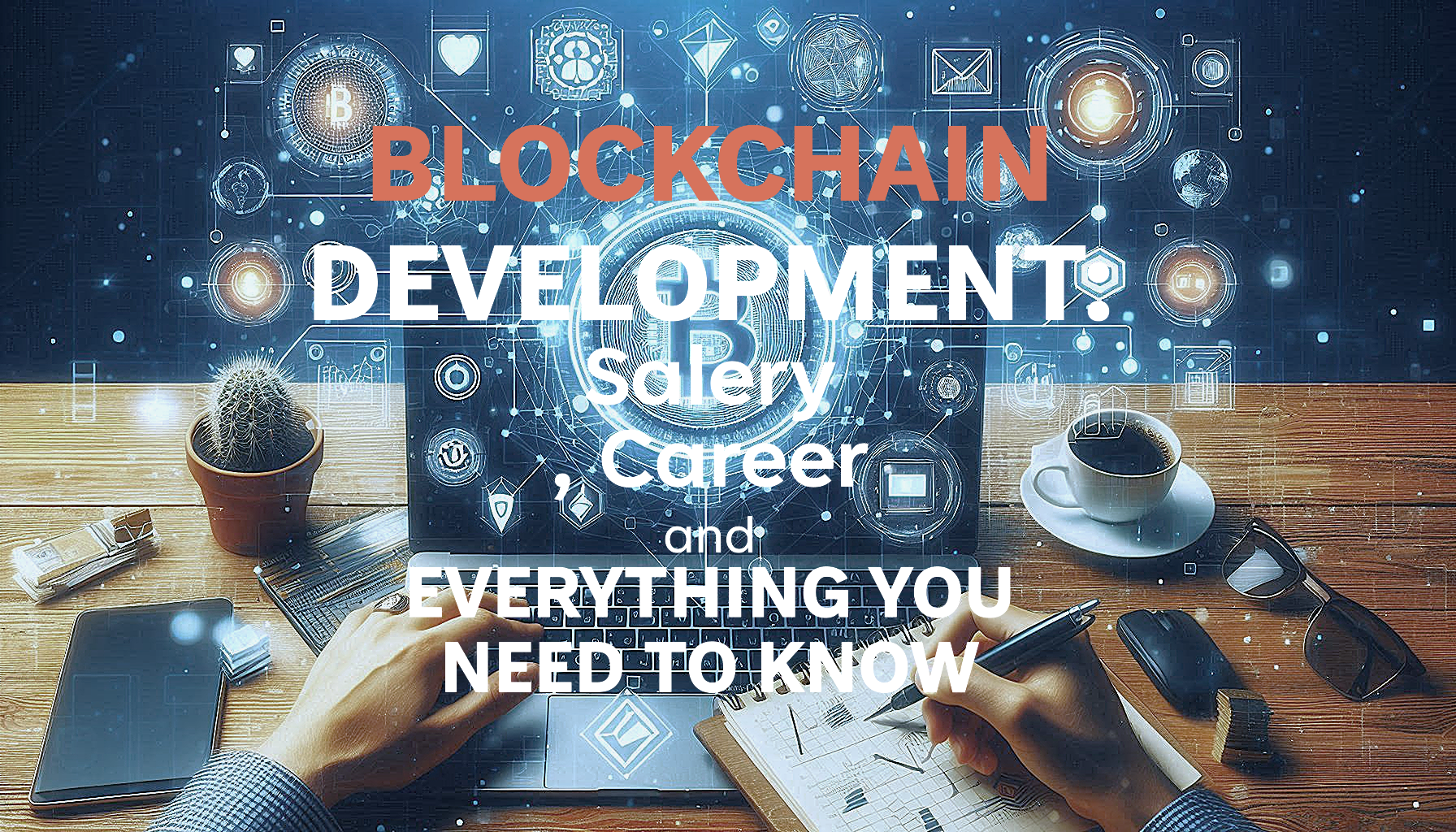
Have you heard about blockchain and wondered what it takes to build decentralized apps and projects? If yes, you might have considered starting a blockchain development career. I'm Daniel, and today, we are diving deep into a blockchain developer roadmap. This is your step-by-step guide to becoming a blockchain developer. I will walk you through many things you need to know, including what blockchain developers do, the education path, key skills, and even salary expectations
A Step-by-Step Guide to Becoming a Blockchain Developer
Introduction
Have you heard about blockchain and wondered what it takes to build decentralized apps and projects? If yes, you might have considered starting a blockchain development career. I'm Daniel, and today, we are diving deep into a blockchain developer roadmap. This is your step-by-step guide to becoming a blockchain developer. I will walk you through many things you need to know, including what blockchain developers do, the education path, key skills, and even salary expectations. Make sure you check out all the useful links in the description after watching this video, as there might be some nice discounts there. Let's dive right in.
What Do Blockchain Developers Do?
Blockchain developers create and maintain blockchain networks, which are decentralized systems where data is securely stored and exchanged without needing a middleman. Think about cryptocurrencies like Bitcoin or Ethereum—these platforms run on blockchain, and developers are the ones building them from the ground up.
A blockchain developer’s job is split into two main roles:
Core Blockchain Development: Focuses on the architecture of the blockchain, creating protocols, and ensuring everything runs smoothly.
Blockchain Software Development: Builds the apps that sit on top of these blockchains, such as smart contracts and decentralized applications.
In short, they ensure everything in the blockchain ecosystem works seamlessly, securely, and efficiently.
Blockchain Developer Education
When it comes to education, the good news is that you don’t necessarily need a specific blockchain degree. However, a solid foundation in computer science or software engineering is super helpful. Most blockchain developers have a bachelor's degree in one of these fields, where they learn important concepts like programming, data structures, and cryptography.
If you are already working or have a different degree, don’t worry—you can still break into blockchain development by taking specialized courses or boot camps. Platforms like Zero to Mastery, Coursera, and even university extension programs offer blockchain-specific classes that can teach you the ropes. Some developers also pursue a master’s degree, especially in fields like cryptography or distributed systems.
Blockchain Developer Skill Set
Blockchain development is a unique field, so beyond basic programming knowledge, you'll need some specialized skills:
Programming Languages: C++, Python, and Solidity (which is particularly important for writing smart contracts on Ethereum).
Cryptography: Understanding hash functions, digital signatures, and encryption algorithms is crucial, as blockchain revolves around securing data.
Distributed Systems: Since blockchain is decentralized, learning about peer-to-peer networks and consensus algorithms like Proof of Work or Proof of Stake is essential.
Smart Contracts & Blockchain Platforms: Get familiar with platforms like Ethereum, Hyperledger, or Polkadot, where you will actually be building apps and writing code.
Blockchain Developer Roadmap
Step 1: Build a Strong Foundation in Programming
Before diving into blockchain-specific skills, you need a solid programming foundation. Focus on languages like Python, Java, C++, and especially Solidity. Solidity is the go-to language for building smart contracts on Ethereum. Once comfortable, start building simple projects like scripts or small applications to get hands-on experience.
Step 2: Learn About Blockchain Fundamentals
Next, dive into the core concepts of blockchain. Understand how decentralized networks work, the role of miners, and what makes blockchain secure. Focus on distributed ledgers, consensus mechanisms (Proof of Work, Proof of Stake), and block validation. There are tons of free resources online or structured courses for guided learning.
Step 3: Get Familiar with Cryptography
Cryptography is a huge part of blockchain. Learn about hashing, public and private keys, and digital signatures. You don’t need to be an expert, but having a strong understanding of how it works is crucial for building secure blockchain applications. Look for courses on cryptography basics and try hands-on examples to see these principles in action.
Step 4: Learn About Smart Contracts
Smart contracts are self-executing contracts with terms written directly in the code. They are the backbone of decentralized applications, so learning how to write them is key. Solidity is the most popular language for writing smart contracts on Ethereum. Try to build and deploy your own smart contracts to understand the process.
Step 5: Work with Blockchain Platforms
Now, choose your blockchain platform and get comfortable with it. Ethereum is the most popular, but also explore Hyperledger, Polkadot, or Binance Smart Chain. These platforms come with their own tools and frameworks, so spend time learning how they work and what makes them unique.
Step 6: Contribute to Open Source Projects
A great way to gain experience is by contributing to open-source blockchain projects. This is how many developers build up their skills and get noticed in the blockchain community. You can find open-source projects on platforms like GitHub and start contributing by solving issues and adding features.
Step 7: Build Your Own Blockchain Projects
Now that you have the basics down, it’s time to build your own projects. Whether it’s a decentralized app or your own private blockchain, building something from scratch will give you real-world experience. Document your progress and showcase your work on GitHub or LinkedIn—employers love to see a portfolio of actual projects.
Step 8: Keep Learning and Stay Updated
Blockchain is still a rapidly evolving field, so staying updated is key. Follow the latest trends, attend blockchain conferences, and take part in online communities like Reddit or Stack Overflow. Blockchain technology changes fast, so continuous learning is essential.
Demand and Salary Expectations
So, can you expect a decent demand and salary as a blockchain developer? Absolutely. Blockchain is a growing field with high demand for developers, especially in industries like finance, supply chain management, and healthcare.
As for salary expectations, blockchain developers tend to earn more than average software developers due to the specialized skills involved. In the US, a blockchain developer can make anywhere between $113K to $188K per year, depending on experience, location, and the specific role. Even entry-level developers can earn impressive salaries, especially if they have a strong grasp of the necessary skills. The global demand for blockchain expertise is also expanding, meaning opportunities aren’t limited to just tech companies—more and more traditional industries are exploring blockchain, making it a versatile and lucrative career choice.
Is Blockchain Development Worth It?
So, should you get into blockchain development this year? In a nutshell—yes! The demand for blockchain developers is booming, the pay is great, and it’s one of the most cutting-edge fields in tech right now. However, it does require a strong commitment to learning new skills and staying on top of industry trends.
Conclusion
That’s it for today’s guide! I hope this step-by-step blockchain developer roadmap gives you a clear path to kickstart your journey. As usual, don’t forget to like this video and subscribe to my channel. Thanks for watching, and until next time!
